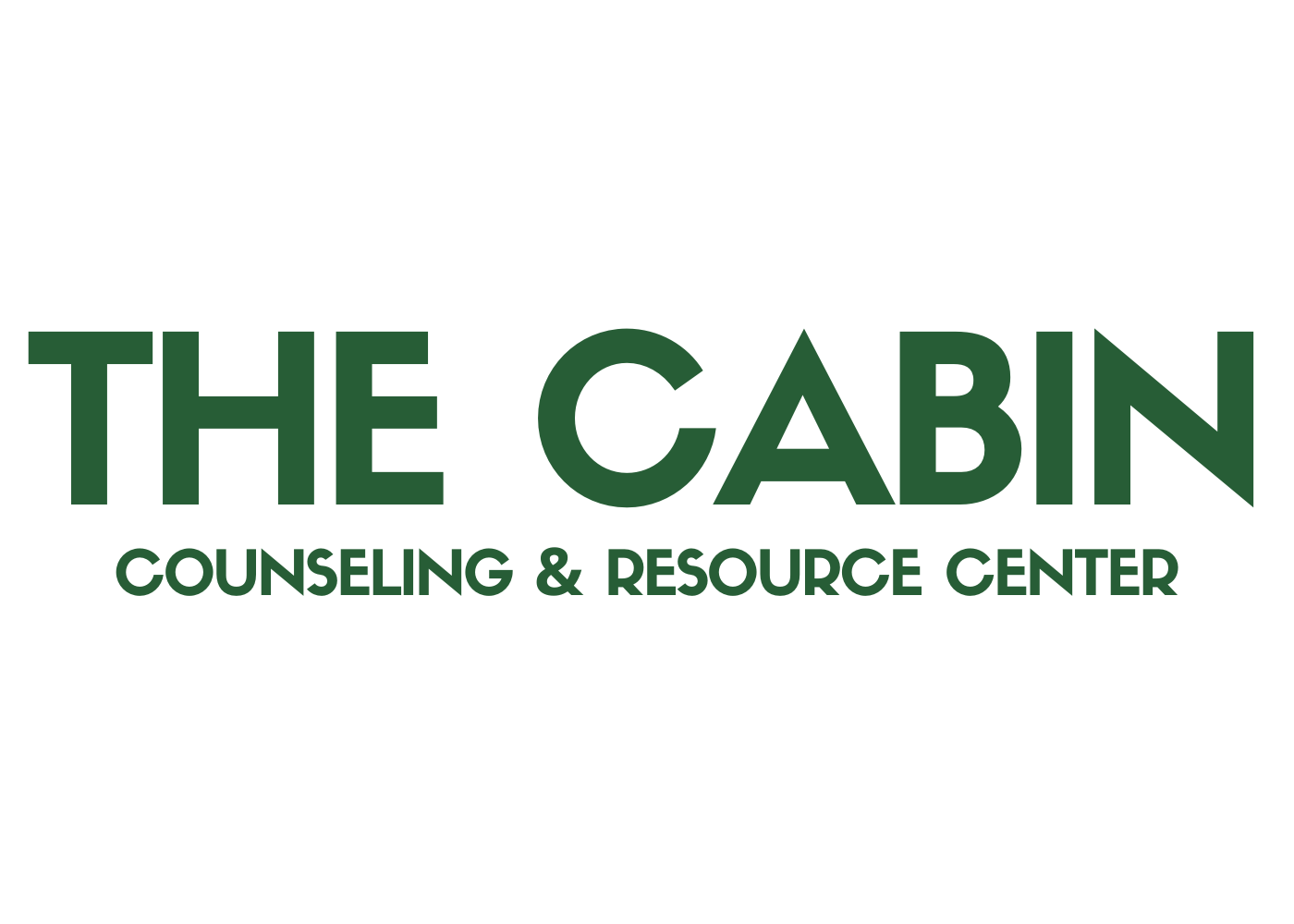What Is Adventure Therapy?
What Is Adventure Therapy?
Adventure Therapy (AT) is a therapeutic approach that utilizes outdoor and adventure-based activities to promote personal growth, therapeutic healing, and emotional development. It combines elements of experiential therapy with outdoor adventure activities to create opportunities for individuals or groups to explore and work through psychological, emotional, and behavioral challenges in a supportive and adventurous environment.
Being in nature provides numerous opportunities to explore strengths, fears, and comfort zones. As individuals navigate these experiences, they begin to draw attention to their body and its physiological response to stress. During individual and/or group AT sessions, therapists support individuals as they begin to understand connections between their physical response and their reaction to this response. Then, we are able to discuss thoughts, emotions, and behaviors before, during, and/or after each activity. Over the course of several sessions, individuals develop insight, perspective, resilience, self-awareness, perseverance, and self-compassion.
Key Elements of Adventure Therapy:
Recognizing one’s physiological responses to stress
Naming emotions
Self-regulation tool-kit (often modeled during a session through co-regulation)
Observing thoughts (self-talk and how it impacts emotions and behaviors)
Techniques to challenge negative thought patterns
Emerging skills in radical acceptance
How to shift behavioral responses (increasing self-compassion, problem solving, & critical thinking skills)
Practicing gratitude in order to build resilience and perseverance
Experiencing the benefits of mindfulness and breath work
Team building and empathy for ourselves, others, and society
We offer Adventure Therapy for organizations. Click here for more details:
Adventure Therapy video!
Applications of Adventure Therapy:
Adventure therapy is utilized in various therapeutic settings, including:
Youth Programs: Helping adolescents and teens build self-esteem, develop social skills, and address behavioral issues.
Substance Abuse Treatment: Providing alternative coping mechanisms and promoting recovery through outdoor activities and group support.
Mental Health Treatment: Complementing traditional therapy for individuals with anxiety, depression, PTSD, and other mental health disorders.
Personal Development: Supporting individuals seeking personal growth, leadership development, and increased self-awareness.
In summary, adventure therapy offers a dynamic and experiential approach to therapy, leveraging outdoor activities to foster personal growth, emotional healing, and development of life skills in a supportive and engaging environment.
Resources:
Articles:
How fly fishing helps to teach us mindfulness: https://news.orvis.com/fly-fishing/classic-essay-fly-fishing-mindfulness-art-letting-go
The many benefits of adding nature to urban environments:
http://www.naturewithin.info/New/2016.11.Economic_Benefits_of_Nature_in_Cities.KWolf.pdf
Books:
The Nature Fix - Florence Williams
Nature - Ralph Waldo Emmerson
Videos:
Attention Restoration Theory:
https://www.youtube.com/watch?v=Z8hgWLQVeew
https://www.youtube.com/watch?v=10u419eU2rM
A Ted Talk about how nature affects neurology:

